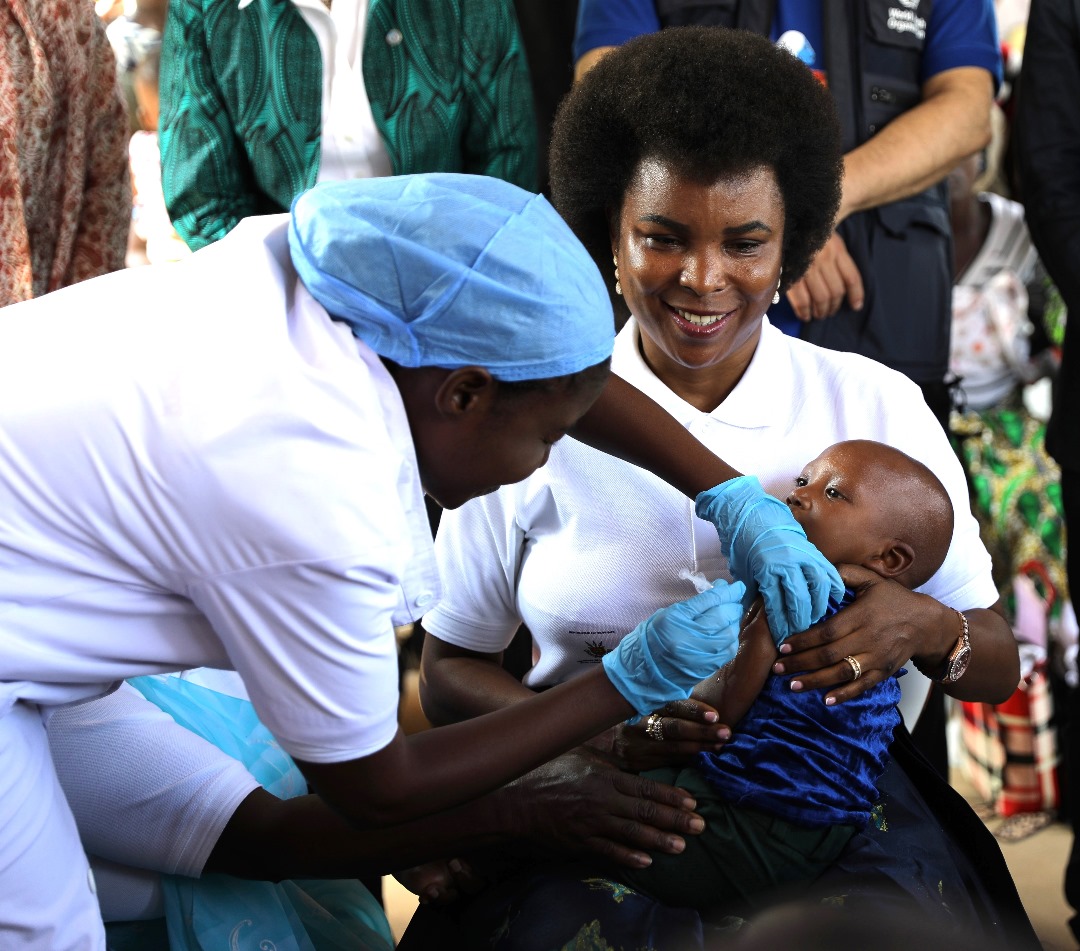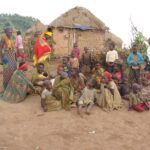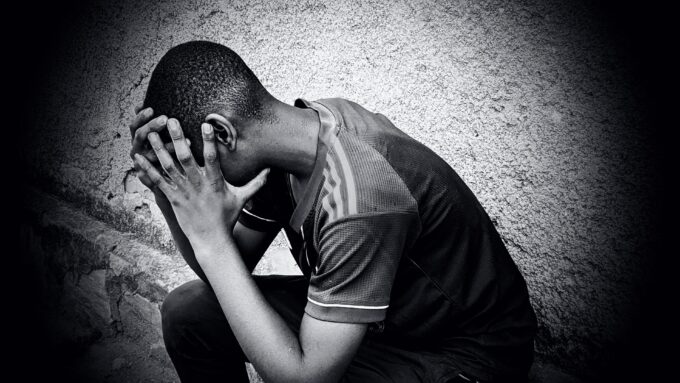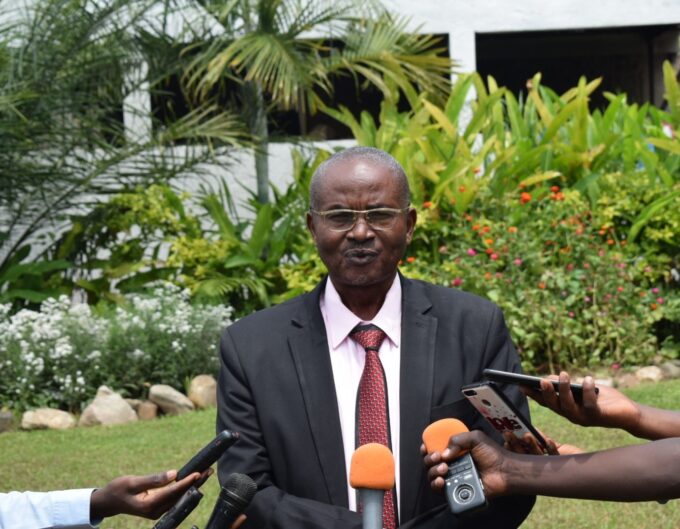Burundi has officially launched its first malaria vaccination campaign in a significant effort to curb the spread of the deadly disease. The initiative was inaugurated on Monday by the country’s First Lady, Angéline Ndayishimiye, during a ceremony at Mpanda Central Hospital in Bubanza western province. The new vaccine will be administered to children aged six to eleven months across nine provinces, targeting regions most affected by malaria.
Speaking at the event, First Lady Ndayishimiye said the introduction of the vaccine does not replace existing malaria prevention measures but rather complements them to enhance protection.
“We want to clarify that this malaria vaccine does not replace other preventive measures already in place but aims to significantly reduce malaria cases and related deaths. Other vaccines are also planned from birth up to one and a half years to ensure children’s health,” she said.
The Ministry of Public Health confirmed that each child will receive four doses: at six months, seven months, nine months, and a final dose at 18 months. The vaccine is set to be distributed free of charge in all participating health centers.
Malaria remains the leading cause of morbidity and mortality in Burundi. According to health statistics, the country recorded an incidence rate of 389.8 cases per 1,000 inhabitants in 2023, with a hospital case fatality rate of 0.9%. The disease has particularly affected young children, prompting authorities to prioritize vaccination in high-risk areas.
The World Health Organization (WHO) has reaffirmed the vaccine’s safety and effectiveness, noting that 25 out of Burundi’s 49 health districts will benefit from the rollout. The nine priority provinces for the first phase of vaccination include Bubanza, Cankuzo, Cibitoke, Karuzi, Kirundo, Muyinga, Ngozi, Rutana, and Ruyigi.
Bubanza Province, one of the hardest-hit areas, has seen over 5,000 malaria cases among its 500,000 residents. Bubanza Governor Cleophas Nizigiyimana expressed gratitude for the vaccination initiative, calling it a timely intervention in the fight against the disease.
Xavier Crespin, WHO representative in Burundi, highlighted the importance of the vaccine, saying that malaria continues to cause significant loss of life in Africa. He noted that as of December 2024, 17 African countries had already implemented malaria vaccination programs, with Burundi now joining as the 18th nation.
“Thanks to this vaccine, millions of children in Africa, including those in Burundi, will benefit from enhanced protection against malaria,” Crespin said.
Public Health Minister Lyduine Baradahana stressed that the vaccine should be used alongside other preventive measures. She encouraged Burundians to continue using mosquito nets, spraying homes, and ensuring pregnant women undergo malaria screenings.
The malaria case fatality rate in Burundi increased in the third quarter of 2024 compared to the same period in 2023, particularly in ten provinces, including Bubanza, Kirundo, Ngozi, and Makamba. Authorities hope that the vaccination campaign will play a crucial role in reversing this trend.
A total of 257,462 children are expected to receive the malaria vaccine in 2025. So far, 544,000 doses have already been administered, with more shipments on the way.








Leave a comment